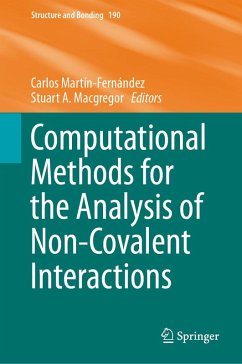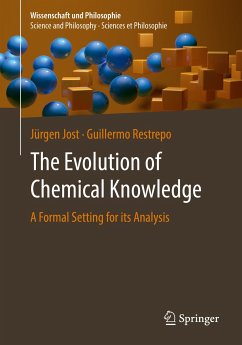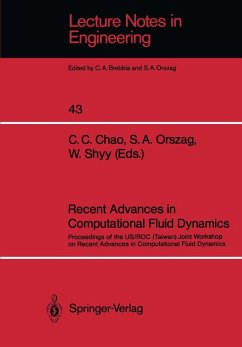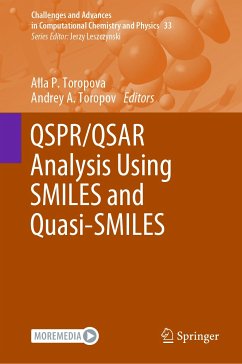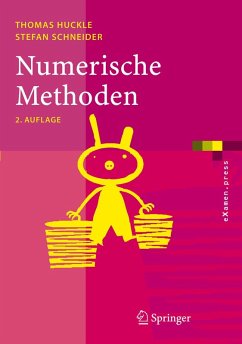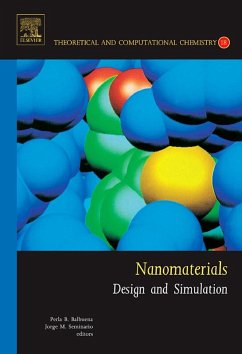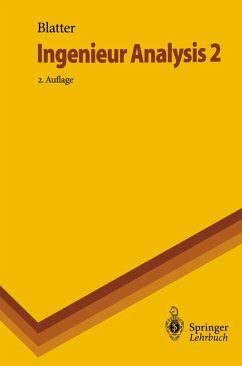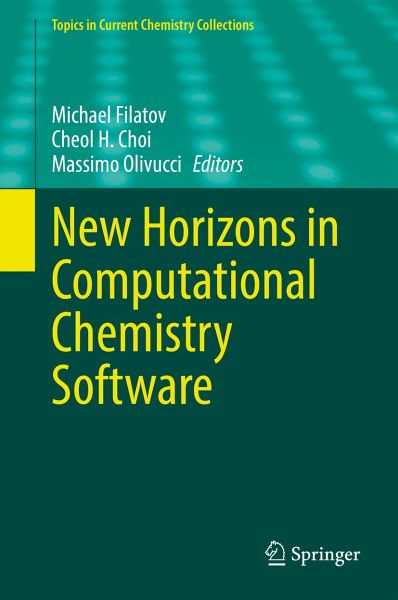
New Horizons in Computational Chemistry Software (eBook, PDF)
Versandkostenfrei!
Sofort per Download lieferbar
216,95 €
inkl. MwSt.
Weitere Ausgaben:

PAYBACK Punkte
108 °P sammeln!
This volume presents the current status of software development in the field of computational and theoretical chemistry and gives an overview of the emerging trends. The challenges of maintaining the legacy codes and their adaptation to the rapidly growing hardware capabilities and the new programming environments are surveyed in a series of topical reviews written by the core developers and maintainers of the popular quantum chemistry and molecular dynamics programs. Special emphasis is given to new computational methodologies and practical aspects of their implementation and application in t...
This volume presents the current status of software development in the field of computational and theoretical chemistry and gives an overview of the emerging trends. The challenges of maintaining the legacy codes and their adaptation to the rapidly growing hardware capabilities and the new programming environments are surveyed in a series of topical reviews written by the core developers and maintainers of the popular quantum chemistry and molecular dynamics programs. Special emphasis is given to new computational methodologies and practical aspects of their implementation and application in the computational chemistry codes. Modularity of the computational chemistry software is an emerging concept that enables to bypass the development and maintenance bottleneck of the legacy software and to customize the software using the best available computational procedures implemented in the form of self-contained modules. Perspectives on modular design of the computer programs for modeling molecular electronic structure, non-adiabatic dynamics, kinetics, as well as for data visualization are presented by the researchers actively working in the field of software development and application. This volume is of interest to quantum and computational chemists as well as experimental chemists actively using and developing computational software for their research.
Chapters "MLatom 2: An Integrative Platform for Atomistic Machine Learning" and "Evolution of the Automatic Rhodopsin Modeling (ARM) Protocol" are available open access under a CC BY 4.0 License via link.springer.com.
Dieser Download kann aus rechtlichen Gründen nur mit Rechnungsadresse in A, B, BG, CY, CZ, D, DK, EW, E, FIN, F, GR, HR, H, IRL, I, LT, L, LR, M, NL, PL, P, R, S, SLO, SK ausgeliefert werden.



